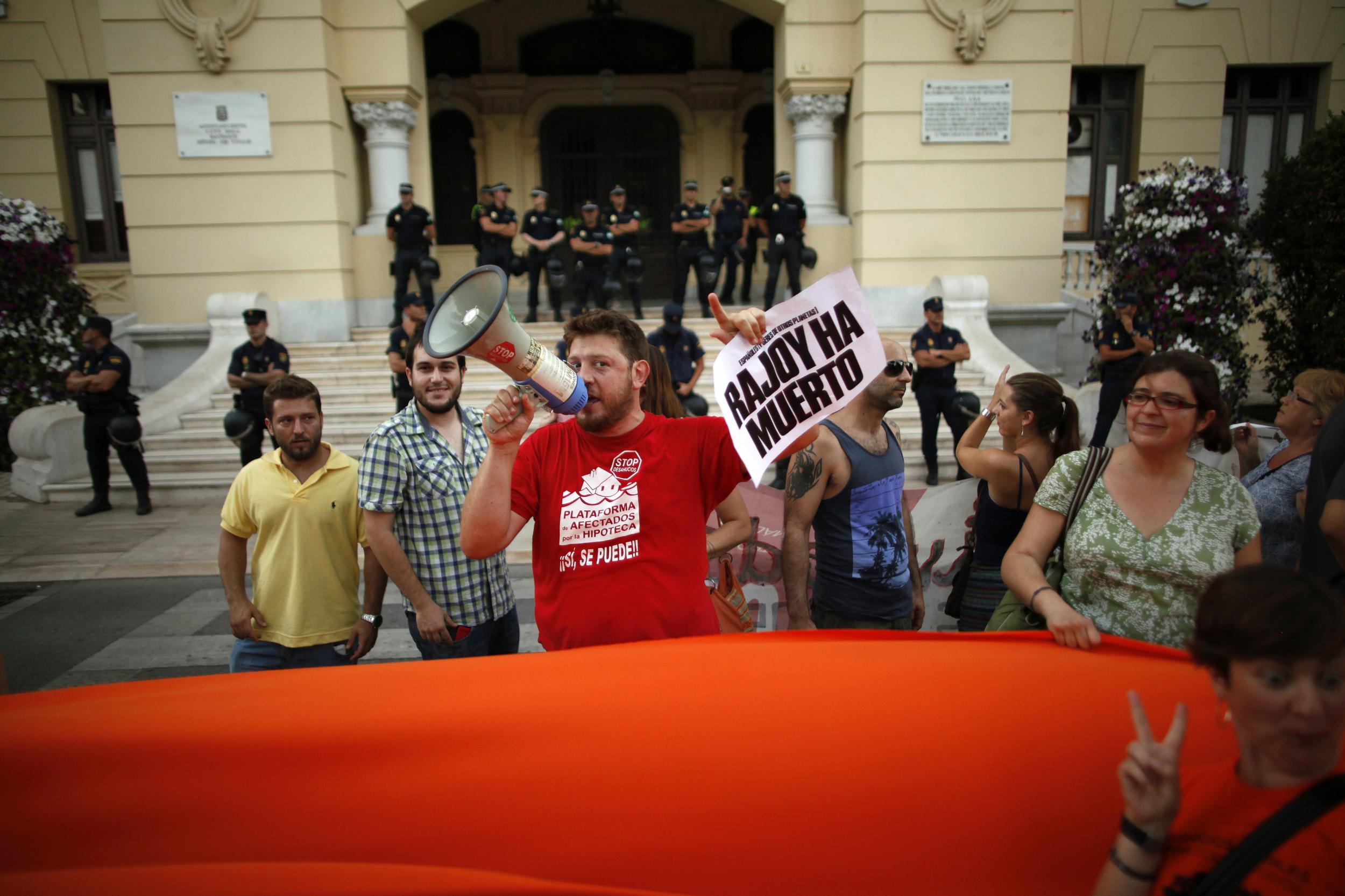Forget Brexit, the turmoil in Spanish politics is sending new shockwaves through Europe
From the vantage point of financial markets, none of the governance options on the table will be attractive and the political uncertainty has the potential to undermine economic recovery

Another Spanish election, another result short of an overall majority. In Sunday’s ballot, the ruling right-of-centre People’s Party (PP) emerged as the largest party in the second general election in six months. Amid post-Brexit market jitters across Europe, the vote sets off further coalition talks and political instability in the eurozone’s fourth largest economy.
The long-running post-Franco political duopoly of PP and the Spanish Socialist Workers’ Party (PSOE), which has dominated the country since the late 1970s, is shattering. The two new parties – the anti-austerity Podemos, in coalition with Izquierda Unida (a remnant of former Spanish Communist Party), and the centrist, business-friendly Ciudadanos – may now have broken up two-party system for good.
The combined vote of PP and PSOE, which was around 85 per cent of the ballot in the 2008 general election, fell to around 55 per cent on Sunday in a low turnout election. Filling the political vacuum are Unidos Podemos (Podemos and Izquierda Unida together), seen as the sister grouping of the ruling Syriza in Greece, and Ciudadanos, whose rise has been fuelled by popular anger over political scandals, deep economic recession and the growing clamour for independence in Catalonia.
While recent polls had indicated that Unidos Podemos could finish second – a result which would have further spooked financial markets – that earthquake did not transpire. But its third place finish in the national parliament elections, with more than 100 seats in regional parliaments, five MEPs in the European parliament elections and mayoralties in Madrid and Barcelona, is still significant of Spain and potentially Europe too.
It is likely that the Spanish King will now propose a Prime Ministerial-candidate, expected to be the PP’s Mariano Rajoy. If he cannot achieve a majority, the process could lead to a third straight election in coming months. The major parties, however, have appeared to rule out that option, recognising Spain can no longer afford further months of political stand-off – not least because the country’s public debt is reaching record levels and European Commission impatience with the budget deficit is growing.
The PP will now test out the waters for a pact with Ciudadanos, PSOE, and possibly other smaller parties, or potentially seek to run a minority government. Alternatively, a PSOE tie up with Unidos Podemos, Ciudadanos and possibly smaller parties cannot be dismissed either, especially as Podemos has hinted that it may be open for compromise on its support for a Catalan referendum.
Tension between Madrid and separatists in Catalonia is now a driving force in Spanish politics. Support for Catalan independence has increased since 2010, when a reform to extend the regional government’s powers was struck down by the Spanish Constitutional Court. Last September, pro-independence parties won regional elections with just under 50 per cent of the vote.
Whereas the PP has taken a hard-line stance to the separatists since its election victory in 2011, the other parties have talked about the need for reform of the Spanish constitution to try to quell the regional demands for independence. Podemos has gone furthest by calling for a referendum on independence.
From the vantage point of financial markets none of the governance options on the table will be attractive, and the political uncertainty has the potential to undermine economic recovery, with GDP growth forecast by the government to be 2.7 per cent this year.
Spain is only just recovering from the worst recession in decades, which saw a property crash and unemployment peaking at 27 per cent, with almost 60 per cent unemployment for adults under 24. While the jobs market is improving, unemployment is still at 21 per cent – more than double the pre-crisis rate of 8.5 per cent, and the second highest in Europe behind Greece.
Rather than resolving Spain’s political problems, the election has resulted in further political uncertainty and instability. A minority administration or new multi-party government would likely be unstable and may not last a full parliamentary term – all with potentially very damaging consequences for the Spanish economy.
Andrew Hammond is an associate at the Centre for International Affairs, Diplomacy and Strategy at the London School of Economics
Join our commenting forum
Join thought-provoking conversations, follow other Independent readers and see their replies
Comments